Piles (Hemorrhoids) Treatment in Dubai
Introduction
Cosmocare Medical Center is a premier private clinic in Dubai offering expert treatment for hemorrhoids (piles) and related anorectal disorders. Led by an experienced surgeon with over 25 years of successful surgeries, our clinic offers both conservative and advanced treatment options tailored to your disease stage and comfort.
What Are Hemorrhoids (Piles)?
Hemorrhoids, commonly known as piles, are swollen veins in or around the rectum and anus. They are very common, impacting millions worldwide.
Though many people suffer in silence due to embarrassment, early symptoms are usually treatable without major surgery. Ignoring symptoms may lead to worsening conditions that require more invasive treatments.
By middle age, nearly 10% of all adults experience hemorrhoids at some point. Despite this, only a small fraction seek medical evaluation. Prompt treatment can prevent surgeries and improve quality of life.
Types & Grades of Hemorrhoids
Internal hemorrhoids
Form inside the rectum. Often painless initially, but may bleed, prolapse, or protrude. Has four grades depending on size.Lorem ipsum dolor sit amet, consectetur adipiscing elit. Ut elit tellus, luctus nec ullamcorper mattis, pulvinar dapibus leo.
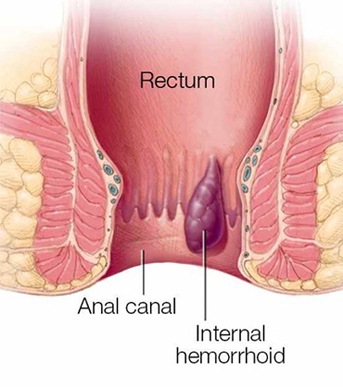
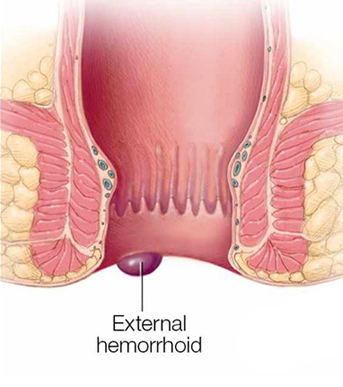
External hemorrhoids
Located under the skin around the anus. May cause pain, swelling, lump formation.
Prolapsed / Thrombosed hemorrhoids
Severe forms where internal piles protrude outside the anus or where blood clots form, causing acute pain.
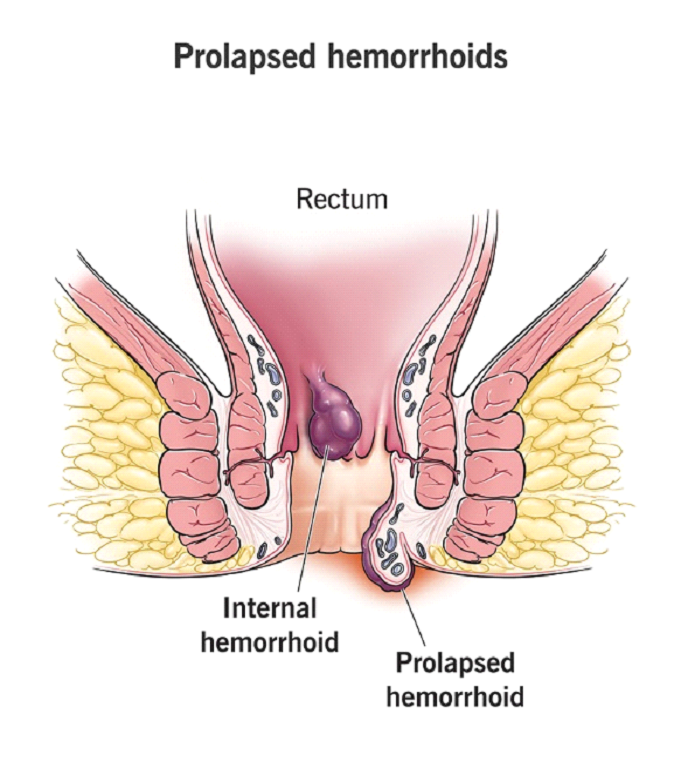
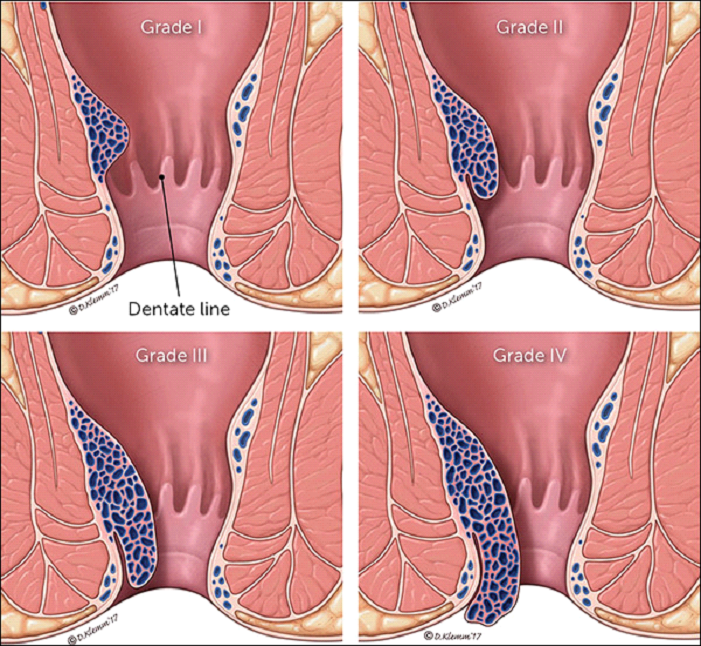
Grades of internal hemorrhoids
Internal hemorrhoids are further graded (I to IV) depending on size, prolapse, and severity. The grade helps determine which treatment path is most appropriate.
Treatment Options at Cosmocare
Treatment depends on the grade and type of hemorrhoids, your symptoms, general health, and your preferences. Here are the options we offer:
Conservative & Office-Based Treatments (Outpatient) – for early hemorrhoids
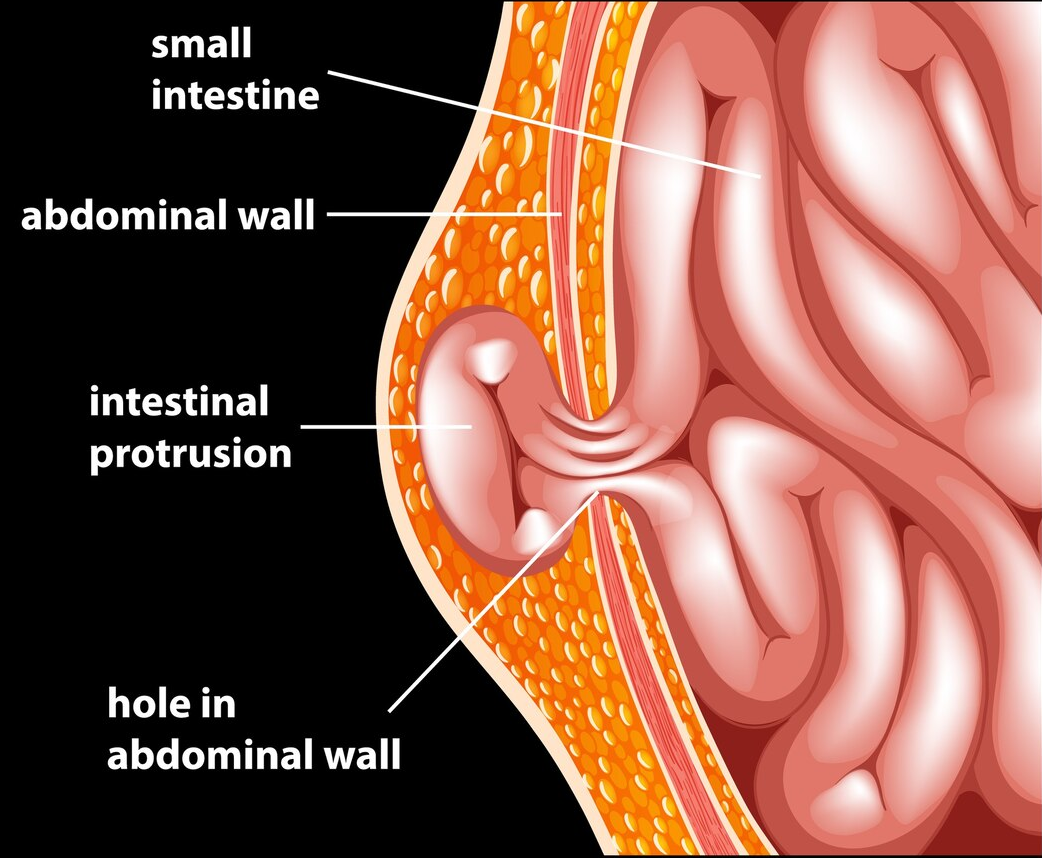
Lifestyle and medical therapy
Medications, dietary fiber supplements, increased fluid intake, stool softeners, sitz baths, topical creams / ointments.
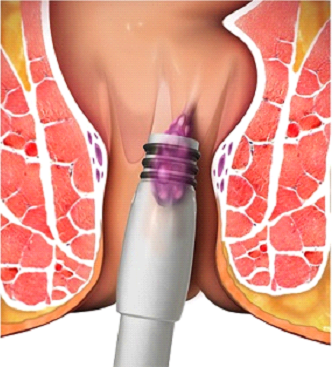
Rubber Band Ligation
Placing small rubber bands around internal hemorrhoids to cut blood supply, causing them to shrink and fall off. Mainly used for Grade I and early II internal hemorrhoids
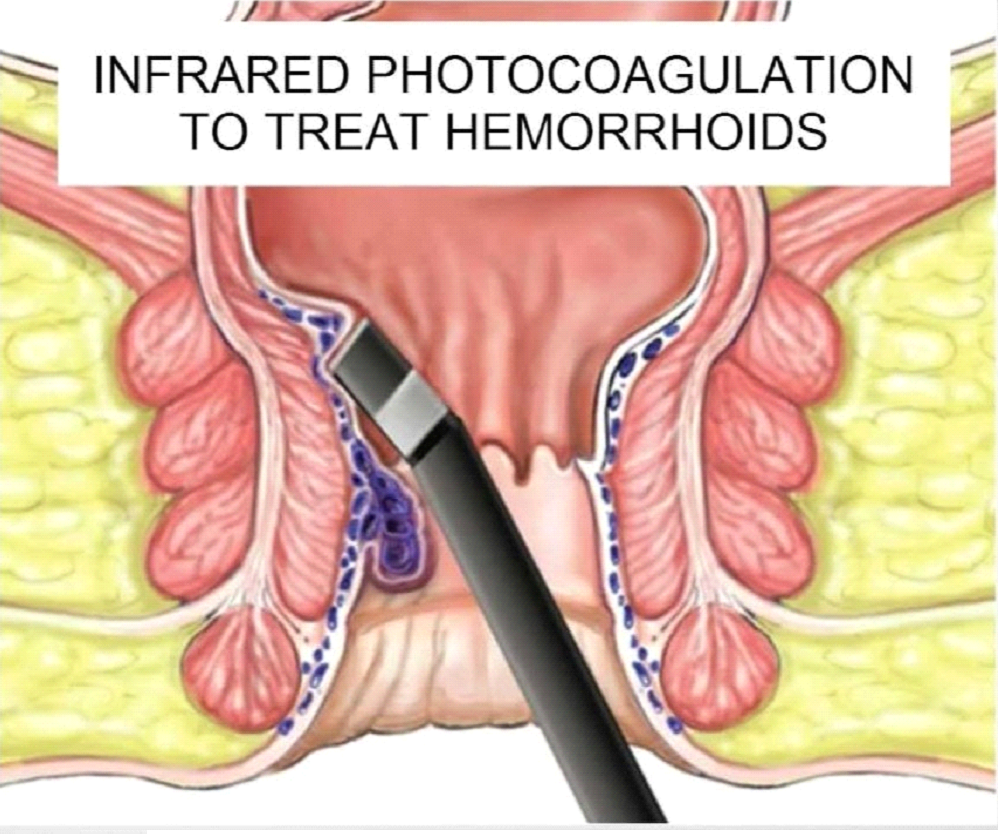
Infrared Coagulation
Using infrared light or heat for small, bleeding internal hemorrhoids. Only for early Grade I hemorrhoids hence limited application in day to day practice.
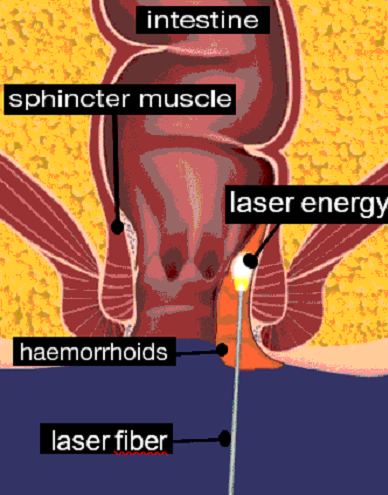
Laser Treatment in Clinic setting
Minimally invasive, almost pain-free solution for early grades (I, II, early III). Done under local anesthesia; patients usually return home same day with minimal discomfort.
Minimally Invasive + Surgical Options

Laser Hemorrhoid Ablation in hospital setting
although small internal hemorrhoids can be treated as outpatient procedure, larger hemorrhoids require the same laser treatment to be done under general anesthesia, which necessitates treatment in a hospital setting. Hence all the more reason to seek medical advice early.
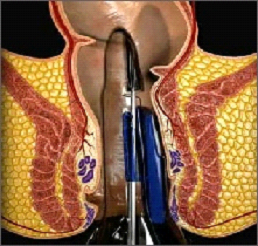
THD (Transanal Hemorrhoidal Dearterialisation / Doppler-guided dearterialization):
Redirects blood flow away from hemorrhoids; less pain and quicker recovery. Also repairs prolapse of hemorrhoids. Ideally suited for large Gr III and IV degree hemorrhoids with prolapse
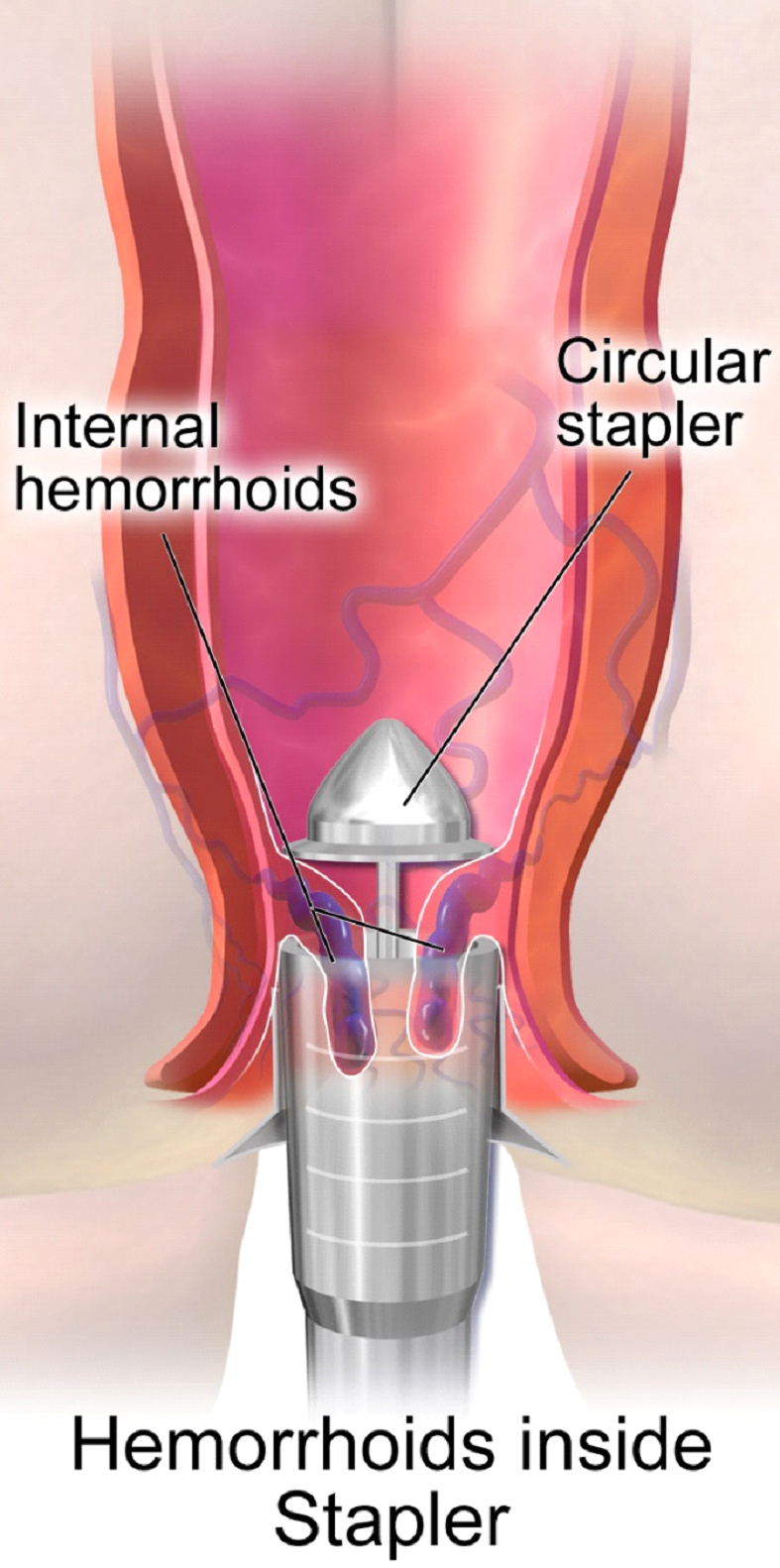
Stapled Hemorrhoidopexy
Removes a circular band of tissue to lift prolapsed tissue and reduce blood flow. Used for higher grade III hemorrhoids. Not commonly done due to higher chances of complications.

Open Hemorrhoidectomy
Traditional surgical removal. Reserved for external, thrombosed, or very large prolapsed hemorrhoids. More discomfort post-op, need for regular dressings and sitz bath, longer recovery.
Choosing the Best Treatment
We consider:
- Grade of Hemorrhoid (I–IV)
- Internal vs external vs thrombosed vs prolapsed
- Your pain tolerance, recovery expectations
- Your overall health, comorbid conditions
- Cost, downtime, and aesthetic or comfort concerns
Common Symptoms of Hemorrhoids
You should consult a specialist if you experience any of the following
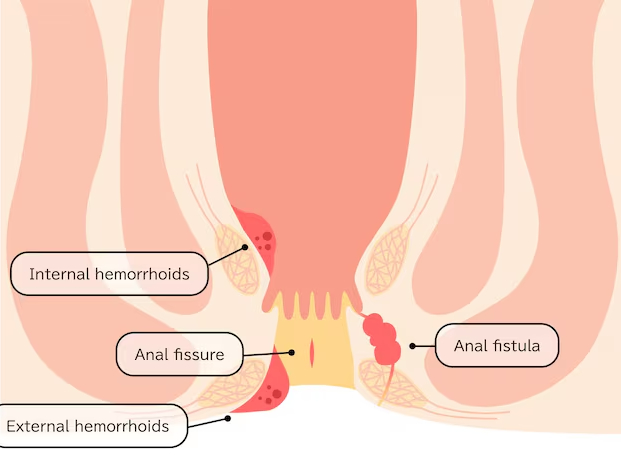
Painless bleeding: Bright red blood on toilet paper, stool, or in the toilet bowl.
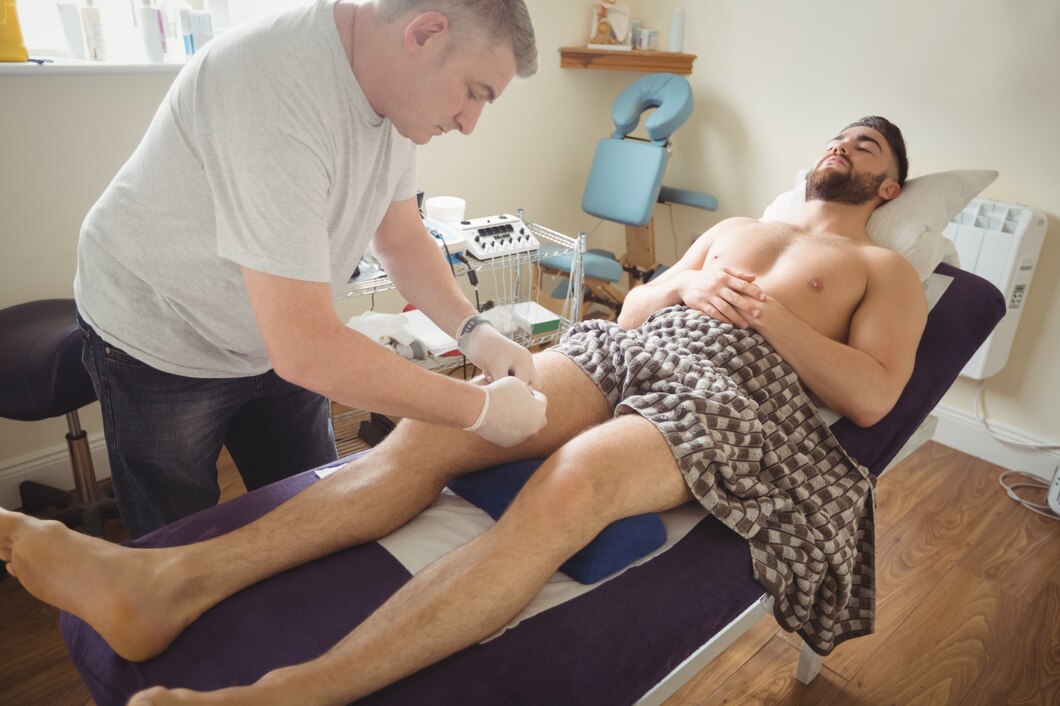
Itching, irritation, or discomfort around the anal area.
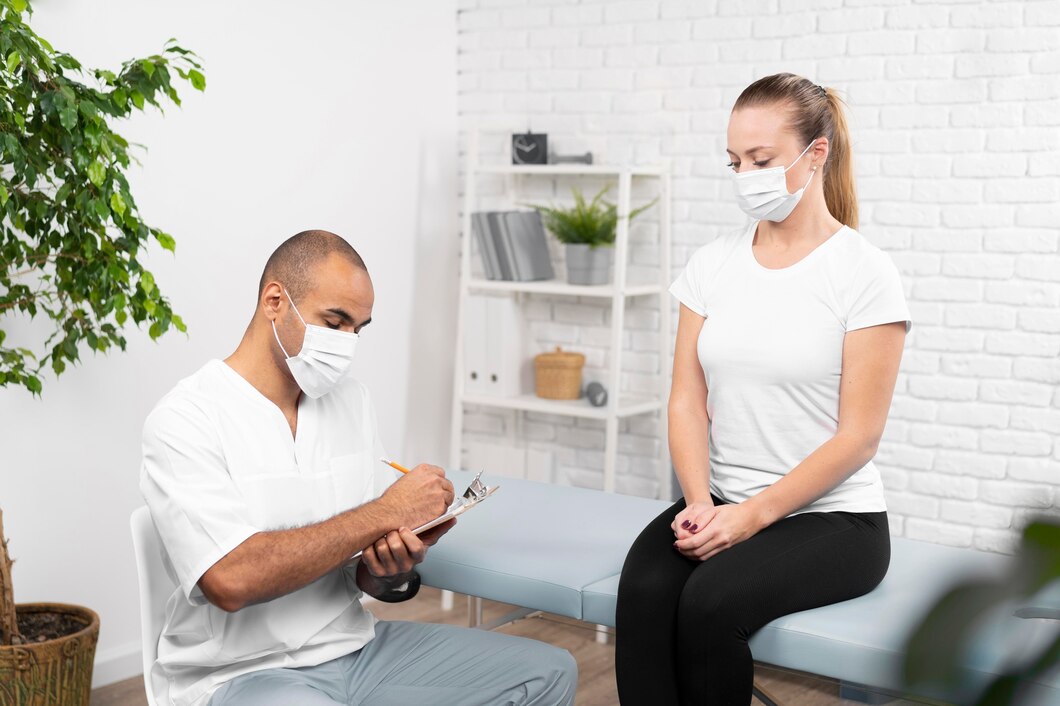
Painful or sensitive lump near your anus (especially with external or thrombosed hemorrhoids).

Feeling of something coming out per rectally and reducing after defecation.

Prolapse (bulging of internal hemorrhoids outside the anal canal) during bowel movements.

Changes in bowel habits, dark (tar-like) stools, or significant bleeding. These symptoms can point to more serious conditions.
When to seek urgent medical attention:
If bleeding is heavy, you feel dizzy or lightheaded, notice dark or black tarry stool, or experience sudden severe pain, you should consult a surgeon immediately.
What Causes Hemorrhoids
Hemorrhoids result from increased pressure on the veins in the rectal and anal area. Common contributing factors include:

Straining during bowel movements, often due to constipation or hard stools.

Prolonged sitting on the toilet.

Aging, which weakens supporting tissues.

Heavy lifting or strenuous physical activity.

Chronic diarrhea or repeated bowel movements.

Pregnancy and childbirth (especially during the final months).
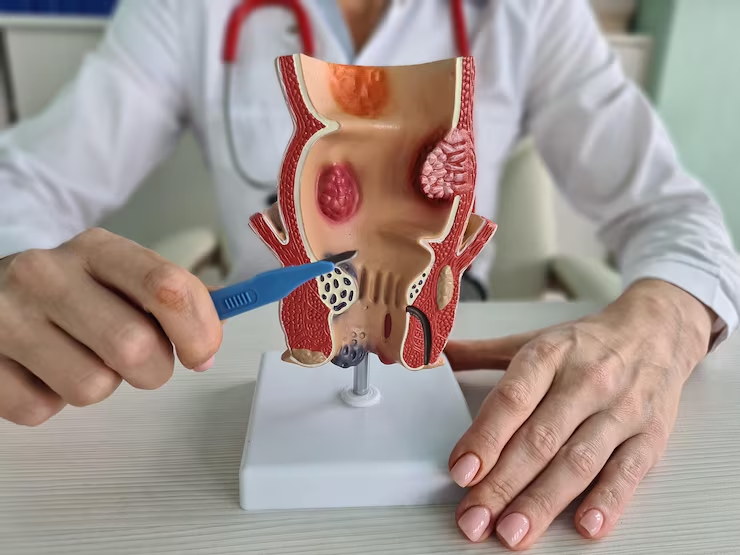
Obesity, low-fiber diet, dehydration.

Other factors such as certain medical conditions that affect vein pressure or blood flow.
Prevention & Lifestyle Measures
To reduce recurrence and relieve mild symptoms, we recommend

- High-fiber diet (fruits, vegetables, whole grains)
- Drink plenty of water daily
- Avoid straining; go to toilet as soon as you feel the urge
- Limit time spent sitting on the toilet
- Exercise regularly
- Manage weight
- Avoid heavy lifting without proper technique
Why choose Cosmocare?
- Over 25 years of surgical experience with excellent outcomes
- Use of modern minimally invasive techniques to minimize pain and recovery time.
- Availability of many different options for hemorrhoids treatment.
- Personalized treatment plans based on your condition.
- Comfortable clinic environment and compassionate care.

Get Started: Consultation & Next Steps
If you are experiencing symptoms of piles, or want to know which treatment is right for you, schedule a consultation with our colorectal specialists in Dubai.
Phone:
+971 (55) 298-8639
Email:
info@domain.com
Address:
1st floor, Flat No 8, Al Satwa Bldg, Beside Civil Defence, PO Box No 126590 - Dubai
We offer same-day or next-day appointments in many cases. Don’t wait until symptoms worsen — early intervention can save you pain, costs, and time.
Frequently Asked Questions (FAQs) about Hemorrhoids (Piles)
What are the early symptoms of hemorrhoids?
Early symptoms may include painless bright red bleeding during bowel movements, itching or irritation around the anus, discomfort when sitting, and a feeling of fullness or mild swelling.
Do hemorrhoids always require surgery?
No. Many hemorrhoids (early grades) can be managed effectively with lifestyle changes, dietary fiber, ointments, or minimally invasive office procedures. Surgery is reserved for more severe, prolapsed, thrombosed, or non-responding hemorrhoids.
What treatments are available at Cosmocare for hemorrhoids?
We offer several options including conservative measures (diet, fibre, stool softeners), outpatient procedures like rubber band ligation, infrared coagulation, laser along with inpatient minimally invasive surgeries like THD (Doppler guided dearterialization), laser hemorrhoid ablation, stapled hemorrhoidopexy, and open hemorrhoidectomy when required.
How long is recovery after minimally invasive hemorrhoid treatment?
Recovery time varies by procedure. Many outpatient requiring office-based treatments including Laser surgery allows return to normal activity within 1-2 days. More invasive surgeries may require several days (THD) to a few weeks of recovery(e.g. open hemorrhoidectomy).
Can diet and lifestyle changes help prevent or reduce hemorrhoid symptoms?
Yes. Increasing dietary fiber, staying well-hydrated, avoiding straining during bowel movements, managing weight, regular exercise, and reducing time sitting (especially on the toilet) can all help reduce symptoms and recurrence.
When should I see a doctor for hemorrhoid symptoms?
You should consult a specialist if you notice any of the following: Regular discomfort/irritation/itching around anus, heavy or persistent rectal bleeding; lump or prolapse that can’t be pushed back; severe pain; changes in bowel habits; or dark, tarry stool. Early evaluation helps rule out other more serious conditions and ensures timely treatment, quick recovery and better quality of life in the long term.
How much does piles treatment cost at Cosmocare in Dubai?
Treatment cost depends on the type, grade, and chosen procedure (e.g. laser, THD, open surgery). We provide transparent quotes after evaluation in consultation. Many minimally invasive options have lower cost and quicker recovery.
How do I prepare for my consultation at Cosmocare?
Bring any medical records, information about your symptoms (duration, bleeding, pain), list of current medications, and history of bowel habits. No special preparation is needed for many office-based procedures; you will be advised if fasting or other steps are required.
What can I expect during a piles treatment procedure?
It depends on the chosen procedure. For office-based options (laser / banding / infrared coagulation), local anesthesia is often enough, minimal pain, and you can go home same day. For more invasive surgeries, general or regional anesthesia may be used, with dressings, discomfort, and a short recovery period.
How soon can I resume normal activities after treatment?
For minimally invasive or office procedures, many patients resume activity within 1-2 days. Patients undergoing Laser hemorrhoid surgery tend to recover faster due to very minimal pain. More involved surgical procedures may require several days to weeks before returning to full activity. Your surgeon will provide personalized recovery guidelines.
Are there side effects or risks of hemorrhoid treatments?
Some discomfort, swelling, bleeding, or mild pain can occur. Rarely, there may be infection, recurrence, or complications depending on the procedure type. At Cosmocare, we minimize risks by using modern minimally invasive techniques and strict sterile protocols.
Does Cosmocare accept insurance for hemorrhoid treatment?
Many medical insurance plans cover certain treatments or consultations; this depends on your policy. We can help you check coverage before proceeding.